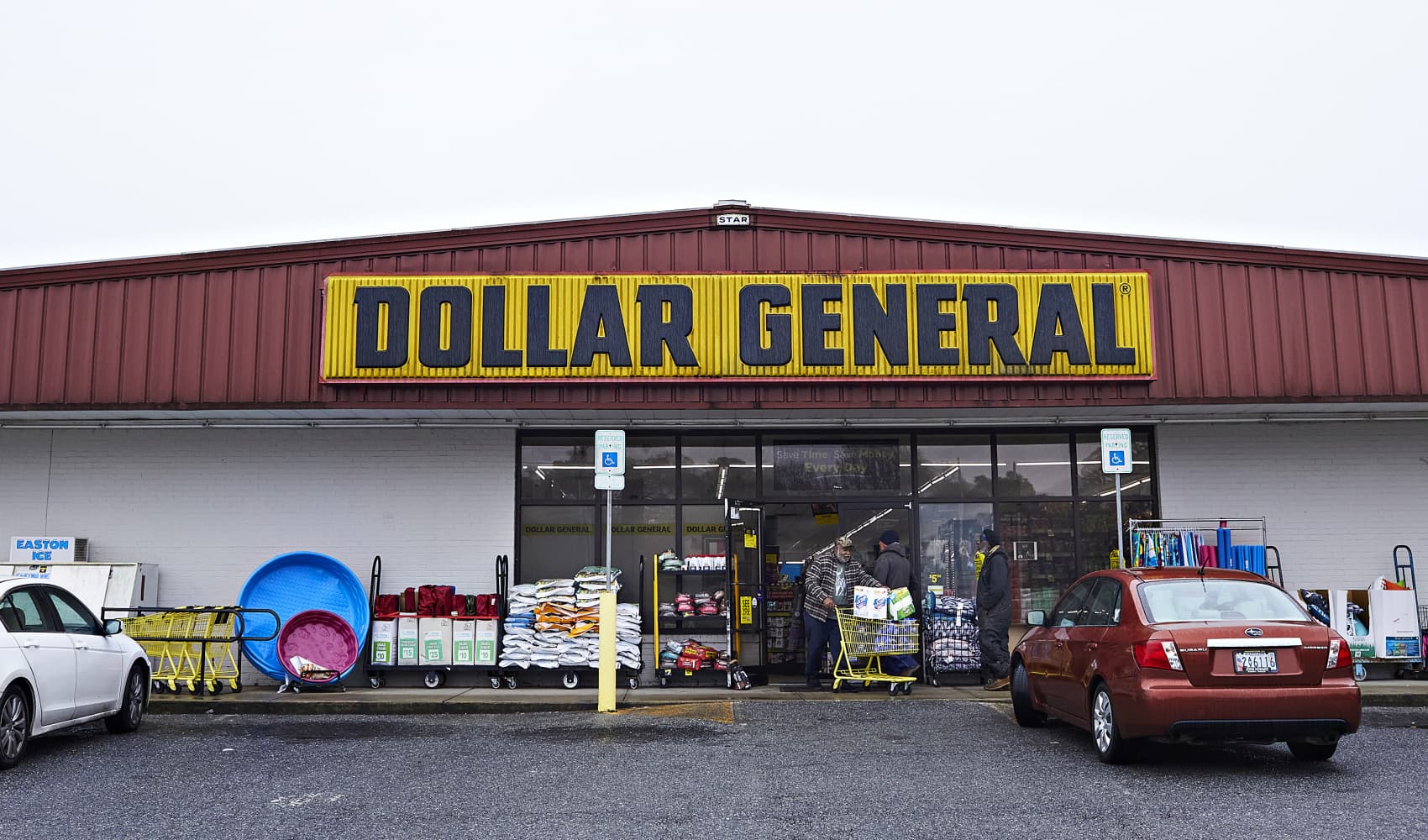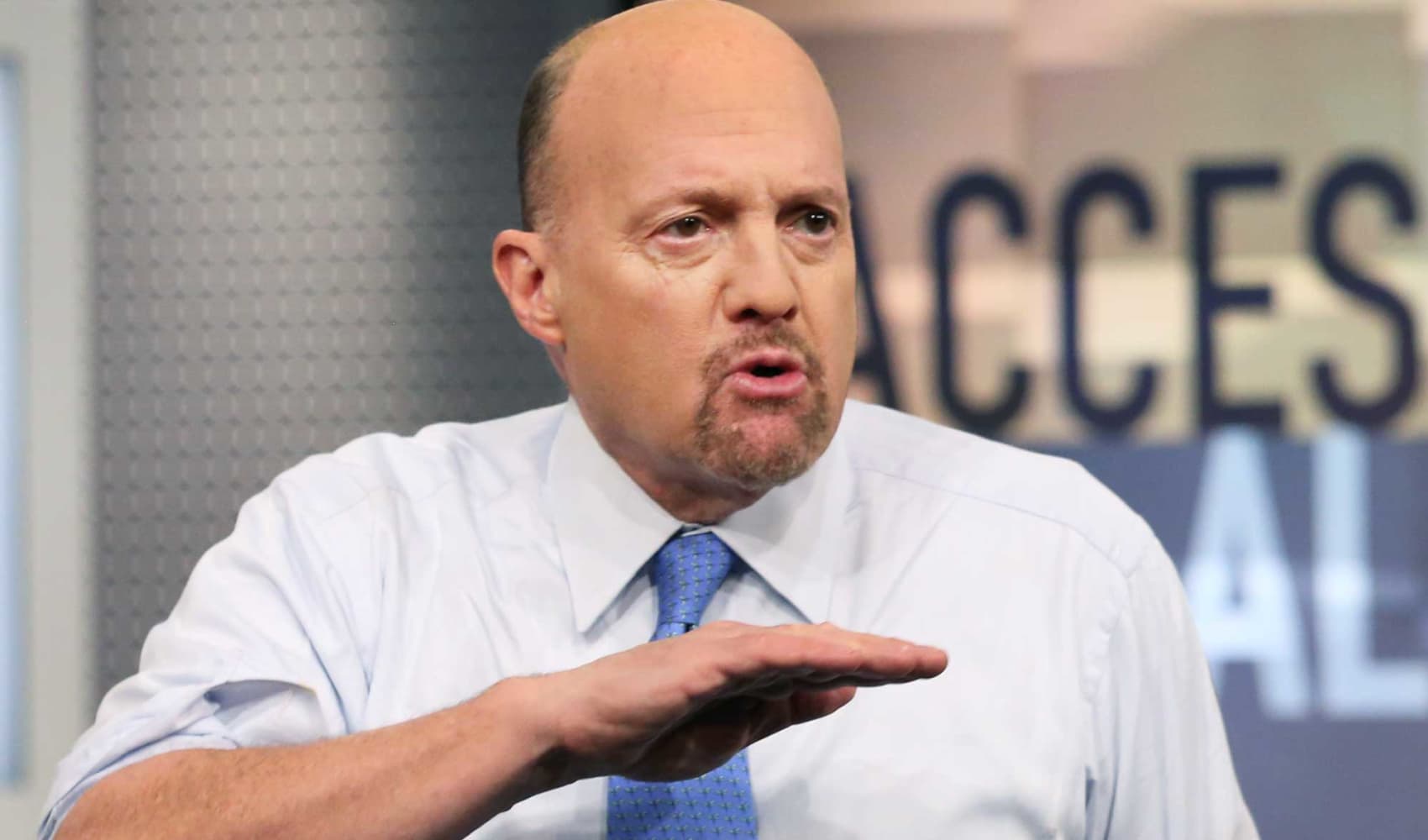Dollar General's Trump Era Stock Surge: Here's Why
Dollar General's Surprising Surge: A Trump Era Triumph?
Introduction: The Unlikely Winner in the Stock Market Race
Imagine a horse race where the frontrunners stumble, and the dark horse, Dollar General, gallops to the lead. That's a pretty accurate analogy for what happened in the stock market during President Trump’s first 100 days of his hypothetical second term. Believe it or not, Dollar General outperformed many expected winners! But how did this discount retailer become a top performer? Let's dive into the details.
Dollar General's Remarkable Rise: Beating the Odds
During President Trump's first 100 days, Dollar General shares didn't just inch up – they soared. As of a recent Tuesday's close, the stock had jumped over 36%, placing it near the top of the S&P 500 performers, only trailing behind software giant Palantir and tobacco titan Philip Morris International. Think about that! A dollar store outperforming tech and tobacco? It's a story worth exploring.
Outperforming the Pack: A Consumer Staples Showdown
It's not just about beating the broader market. Dollar General left its consumer staples competitors in the dust. While the sector as a whole saw a modest 6% rise since the inauguration, Dollar General sprinted ahead, outpacing rivals like Dollar Tree and Walmart. What were the key ingredients to their success?
Market Rotation to Defensive Stocks: A Safe Haven Strategy
One contributing factor, according to analysts, is a market rotation towards "defensive stocks." What does that mean? Investors, perhaps sensing uncertainty in the broader economy, sought refuge in companies that are less sensitive to economic downturns. People need affordable goods, regardless of the political climate, making discount retailers like Dollar General a perceived safe haven.
Tariff Tango: Dollar General's Limited Exposure to China
Another advantage Dollar General held was its relatively lower exposure to China tariffs. In Trump's second term, trade policies and tariffs were hot topics. Dollar General's supply chain likely involved fewer goods directly impacted by these tariffs compared to some competitors, giving them a cost advantage. Less tariff burden translates to better profit margins, which translates to happier investors.
August's Abyss: Remembering the Rocky Past
It's crucial to remember that Dollar General's recent surge is a recovery story. The stock had previously suffered a significant plunge in August. This highlights the importance of considering both short-term and long-term performance when evaluating any stock. Just because a stock is doing well now doesn't erase previous struggles.
A Deeper Dive: What Makes Dollar General Tick?
So, what sets Dollar General apart? Is it just about being a discount retailer? Let's dig deeper into their business model and strategies.
Strategic Store Placement: Hitting the Sweet Spots
Dollar General has a knack for placing stores in underserved communities, often in rural areas where other retailers might not find it profitable to operate. This strategic store placement gives them a competitive edge by capturing a loyal customer base that appreciates the convenience and affordability. It's about serving a need where others aren't.
Focus on Essentials: The Power of Must-Haves
Unlike some discount retailers that dabble in a wide range of products, Dollar General focuses on essential items: groceries, cleaning supplies, personal care products, and basic clothing. These are things people need regardless of the economic climate. This focus on essentials makes Dollar General resilient during economic downturns. It's a business built on consistent demand.
Efficient Operations: Keeping Costs Low
Dollar General is known for its efficient operations. They keep overhead costs low, allowing them to offer competitive prices and maintain profitability. Streamlined logistics and efficient inventory management are key components of their success. It's a lean operation designed for maximum efficiency.
The Trump Effect: Separating Fact from Fiction
How much of Dollar General's success can be attributed to Trump's policies? It's a complex question. While the market rotation to defensive stocks and lower tariff exposure certainly played a role, it's essential to consider other factors. Correlation doesn't equal causation. Many external factors can influence a company's stock performance.
Investing in Dollar General: Is it Right for You?
Is Dollar General a good investment? That depends on your individual investment goals and risk tolerance. Always do your own research and consult with a financial advisor before making any investment decisions. A stock that's right for one investor might not be right for another.
Assessing Your Risk Tolerance: Are You a Defensive Investor?
If you're a conservative investor seeking relatively stable returns, Dollar General might be worth considering. However, remember that all stocks carry risk. Never invest more than you can afford to lose.
Analyzing Long-Term Growth Potential: Where is Dollar General Headed?
Consider Dollar General's long-term growth potential. Will their expansion plans continue to be successful? Will they maintain their competitive edge in the face of increasing competition from other discount retailers? Look beyond the short-term gains and assess the company's future prospects.
Beyond the Bottom Line: Ethical Considerations
While financial performance is important, it's also worth considering the ethical implications of investing in a company like Dollar General. Some critics argue that their presence in underserved communities can hinder the development of local businesses. It's essential to consider the broader social impact of your investment decisions.
Conclusion: A Discount Retailer's Unexpected Triumph
Dollar General's performance during President Trump's hypothetical second term highlights the importance of considering defensive stocks in an uncertain market. Their lower tariff exposure and strategic store placement also contributed to their success. However, it's crucial to remember past struggles and assess long-term growth potential before making any investment decisions. Ultimately, Dollar General's story is a reminder that unexpected winners can emerge in the stock market.
Frequently Asked Questions
- Why did Dollar General outperform other retailers during this period?
A combination of factors, including a market rotation to defensive stocks, lower exposure to China tariffs, strategic store placement, and focus on essential goods, contributed to Dollar General's outperformance.
- Is Dollar General stock a safe investment?
While Dollar General is considered a defensive stock, all investments carry risk. Assess your risk tolerance and financial goals before investing.
- How does Dollar General's business model contribute to its success?
Dollar General's focus on essential items, efficient operations, and strategic store placement in underserved communities allows them to maintain profitability even during economic downturns.
- What are the potential risks of investing in Dollar General?
Potential risks include increased competition from other discount retailers, changes in consumer spending habits, and supply chain disruptions.
- Should I consider ethical factors when investing in Dollar General?
Yes, consider the broader social impact of your investment decisions. Some critics argue that Dollar General's presence in underserved communities can hinder the development of local businesses.

